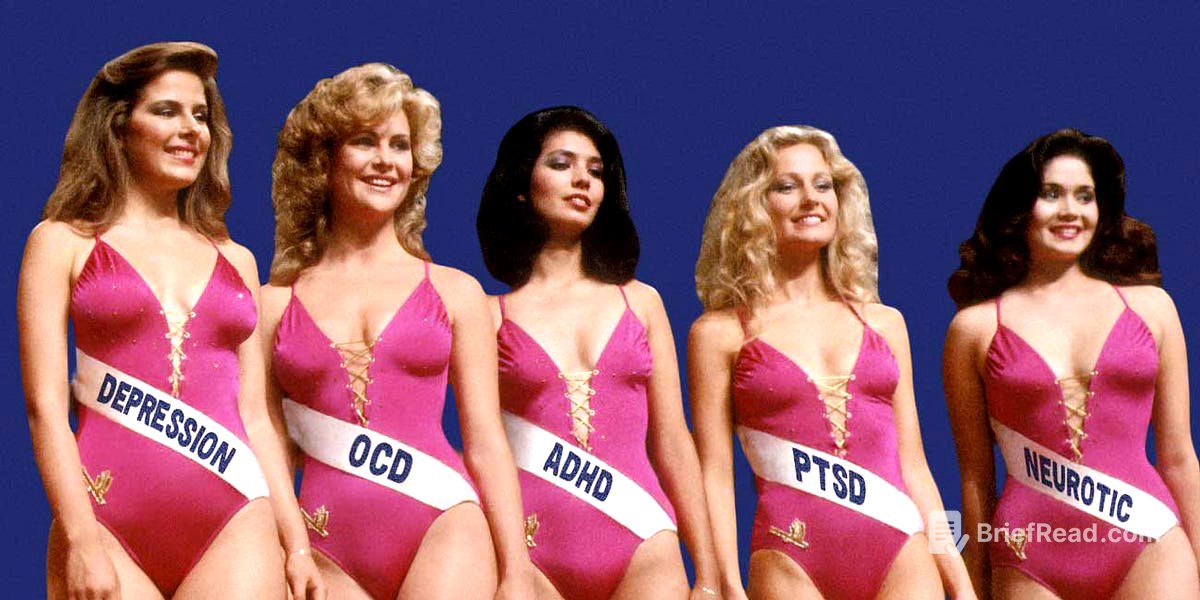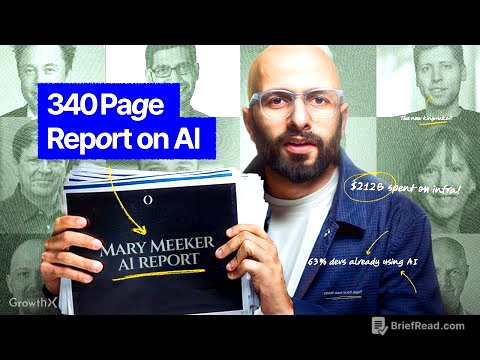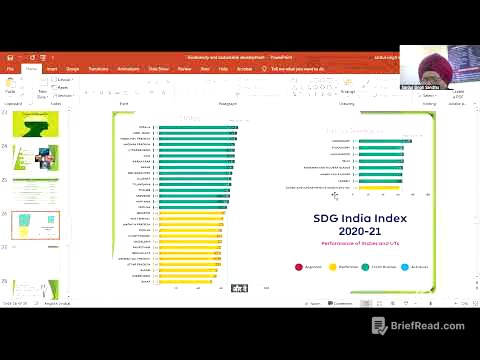TLDR;
This article talks about how people, especially Gen Z, are increasingly seeing personality traits as symptoms of mental disorders. This trend, fueled by therapy-speak and a need to explain everything scientifically, is leading to a loss of individuality and a focus on labels rather than understanding people's unique qualities.
- Over-identification with mental health challenges as part of identity.
- Loss of sentimental and personal ways of describing people.
- Tendency to categorize and explain everything psychologically and scientifically.
[The Disappearance of Personality]
Freya India points out that people are now treated as products with labels, and there's an obsession with seeing every trait as a symptom of a disorder. Instead of being shy, you're labeled as autistic; instead of being forgetful, you're diagnosed with ADHD. This therapy-speak is affecting how we talk about relationships and understand suffering, leading to a situation where nobody has a personality anymore.
[Personalities as Disorders]
The situation is getting worse as people are being taught that their personalities are disorders. A 2024 survey shows that 72% of Gen-Z girls consider mental health challenges an important part of their identity, compared to only 27% of boomer men. This indicates a significant shift in how younger generations perceive themselves.
[The Quest for Explanations]
Modern life has a deep-seated need to explain everything psychologically, scientifically, and evolutionarily. Everything about us is categorized, caused, and seen as something that can be corrected. This focus on theories, frameworks, and mechanisms has led to a loss of mystery, romance, and individuality.
[The Lost Art of Describing People]
We've lost the sentimental ways we used to describe people. Being late is no longer a sign of being lovably forgetful but a symptom of ADHD. Shyness isn't seen as a gentle trait inherited from a parent but as a sign of autism. People are now defined by symptoms and diagnoses rather than their unique blend of traits and experiences.




![[LIVE] Nebius Group (NBIS) Q2 Earnings Report & Conference Call](https://wm-img.halpindev.com/p-briefread_c-10_b-10/urlb/aHR0cDovL2ltZy55b3V0dWJlLmNvbS92aS90dm9oT1ZtaWxYby9ocWRlZmF1bHQuanBn.jpg)




